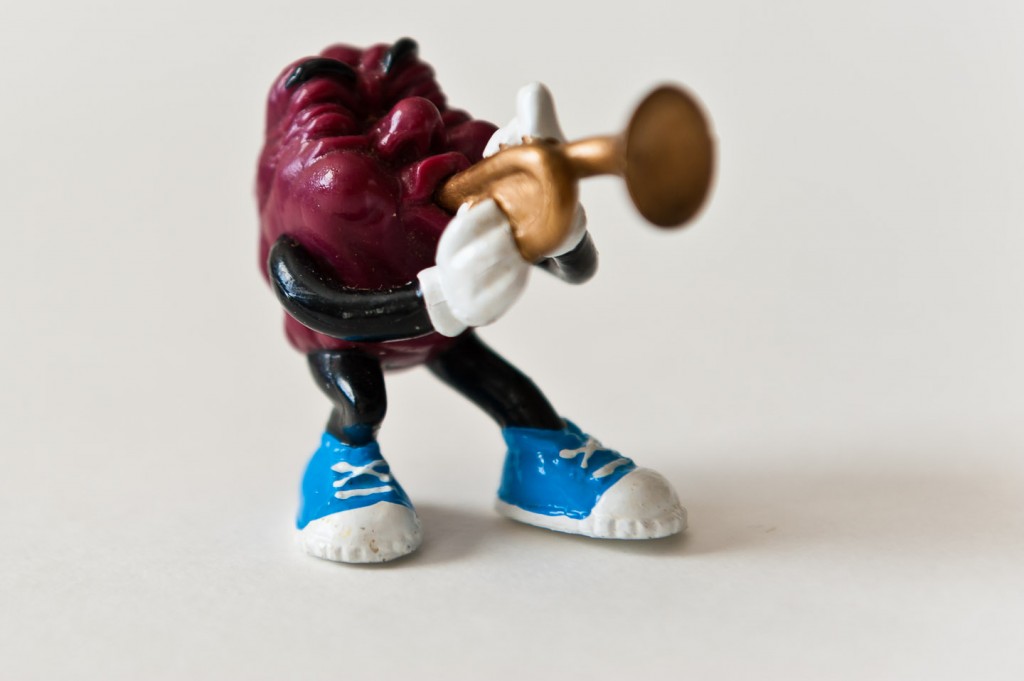I have always known that one day I would take this path though yesterday I did not know it would be today. — Arriwara no Naribari (Japan, eleventh century) (p. vii)
Understand that you can have in your writing no qualities which you do not honestly entertain in yourself. Understand that you cannot keep out of your writing the indication of the evil or shallowness that you entertain in your self. If you love to have a servant stand behind your chair at dinner, it will appear in your writing — or if you possess a vile opinion of women, or if you grudge anything, or doubt immortality — these will appear by what you leave unsaid more than by what you say. There is no trick or cunning, no art or recipe, by which you can have in your writing what you do not posses in yourself. — Walt Whitman (Journal entry 1855 – 56) (p. 37)
Once in a while, a student says, “I want to write songs. How do I get started?” There’s no better place to begin than Steve Kowitt’s illuminating guide, In the Palm of Your Hand.
This is a book I turn to again and again, to remember how to shape memory, passion, pleasure, dreams, secrets and sorrows into music.
This is a book I turn to when I’m feeling lost or too brittle.
Kowitt reveals an important secret. Writers spend a lot of time writing because it gives us great pleasure! You’ll discover that pleasure when you step through the exercises and assigned poems at the end of each chapter. You’ll also enjoy reading the model poems by contemporary poets. If you’ve never experienced poet Al Zolinas, you’re in for a treat. He can put you inches from something revolting and make you feel as though you are witnessing a brilliant, dazzling view of our natural world. (Read Cat Puke and Flies Poem on page 228.) He can compare an accordion to an “Awkward box of wind” and then turn its music into a fragile and hopeful symbol of post-war Eastern Europe. (Read Considering the Accordion on page 23.)
